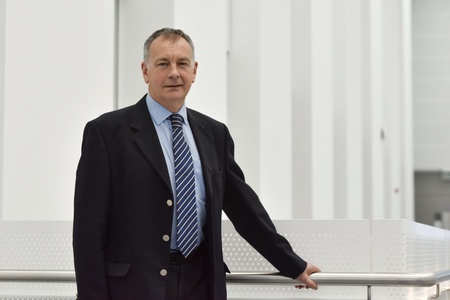Professor John Underhill, Interdisciplinary Director of Energy Transition at the University of Aberdeen, has welcomed Equinor and its partners intention to invest in the Rosebank oil and gas field, located west of Shetland.
Commenting on the announcement, he said: “I am delighted that Equinor and its partners plan to take forward the Rosebank project. The decision to develop and operate the field is a significant development in terms of helping ensure the UK’s energy security through new oil and gas production yet acknowledges the need to decarbonise on the path to a Net Zero future.
“It is important to get the right balance between oil and gas and renewable energy sources, whilst ensuring that supplies are secure, affordable, and environmentally sustainable. However, given the UK’s current dependency on oil and gas to meet our energy needs and stresses currently on supply lines, the move to decarbonise is a transition and cannot be a cliff edge so, having indigenous sources is a vital part of the mix.
“With its commitment to renewables and decarbonisation through wind farms, hydrogen storage, electrification of platforms and carbon capture and storage, Equinor is an industry leader when it comes to the energy transition, and the approach that the company is taking towards Rosebank – which it aims to operate with the lowest carbon footprint possible – is testament to this.
“Rosebank is not without its geological and engineering challenges and will be a complex project to deliver. If these can be overcome, the project has the potential to reinvigorate activity in the West Shetlands area and provide around 8% of the UK’s oil production.
“It is heartening to see companies taking this responsible approach in line with Net Zero and wider sector ambitions to decarbonise, while also providing investment that’s good news for jobs and livelihoods here in the North-east of Scotland and beyond.”


